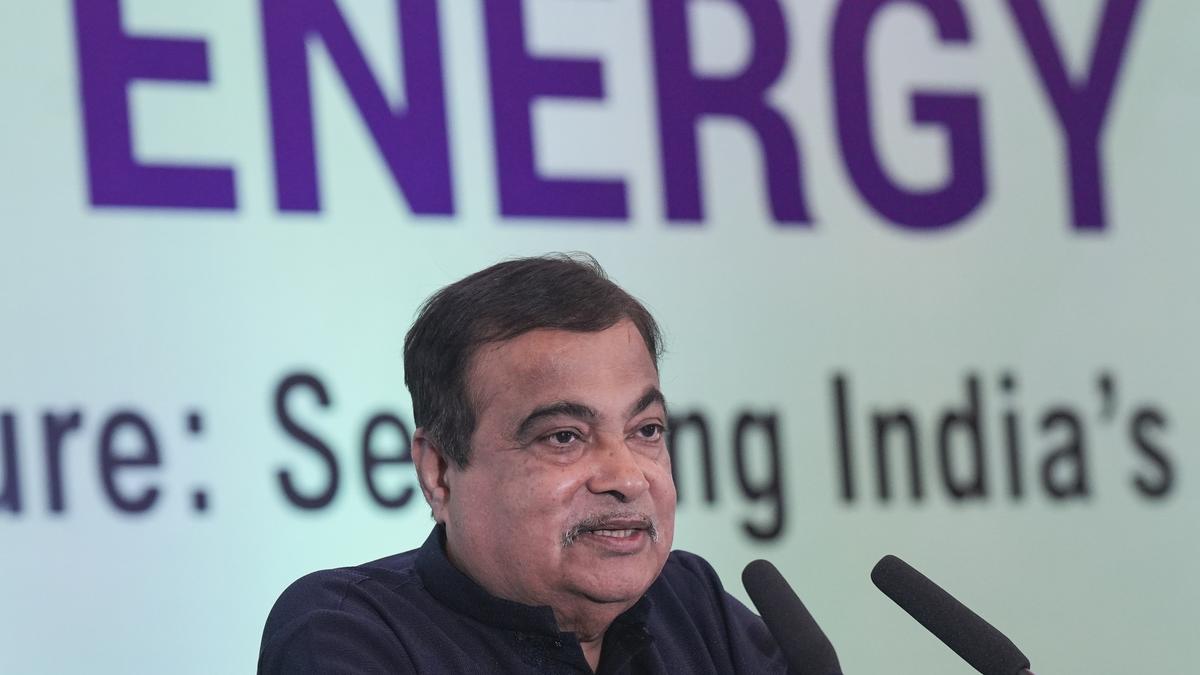
Nitin Gadkari said the ministry is constructing several highways and expressways, which will help reduce logistics costs in India. File | Photo credit: PTI
Nitin Gadkari, Union Minister for Road Transport and Highways, said on Thursday (Oct 17, 2024) that India’s logistics costs will fall to single digits within the next two years.
Speaking at an event organized by NITI Aayog, Mr Gadkari said the ministry is constructing several highways and expressways, which will help reduce logistics costs in India.

“Within two years, we will reduce our logistics costs to 9%,” he added.
According to quick estimates from economic think tank National Council of Applied Economic Research (NCAER), logistics costs in India ranged between 7.8% and 8.9% of GDP for the fiscal year 2021-2022.
The Economic Survey 2022-2023 shows that logistics costs in India are between 14% and 18% of GDP, compared to the global benchmark of 8%.
Also read: Logistics costs in India will fall to single digits within five years: Gadkari
Mr Gadkari said there is huge potential for India to export alternative fuels and biofuels. He also pointed out that low-quality coal is useful for making methanol.
The minister added that India is making significant progress in the biofuel sector, especially in methanol. Further, Mr. Gadkari said that he aimed to make the Indian automobile industry the number one in the world.

“Last year, India overtook Japan to become the world’s third largest auto market after the US and China,” he said.
“The size of the Indian auto industry has increased from ₹7.5 lakh crore in 2014 to ₹18 lakh crore in 2024 and this industry is creating maximum number of jobs,” Mr Gadkari added.
Mr Gadkari highlighted that materials such as recycled tire powder and plastic are used in road construction, which helps in reducing bitumen imports.
He also highlighted how the initiative to utilize crop waste is helping to increase the incomes of farmers across the country. Mr. Gadkari spoke about the problem of stubble burning in Punjab and Haryana.
He said that currently “we can process one-fifth of Parali, but with better planning we can reduce seasonal air pollution from stubble burning by using Parali as a raw material for alternative fuels.”
The minister said India must move forward with policies that are cost-effective, indigenous, import-substituting and employment-generating to tackle the major problems of rising pollution and fossil fuel imports.
Published – Oct 17, 2024 2:49 PM IST











